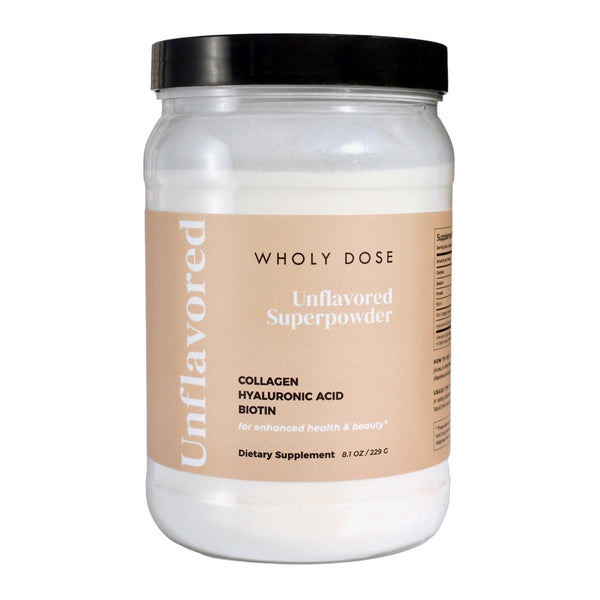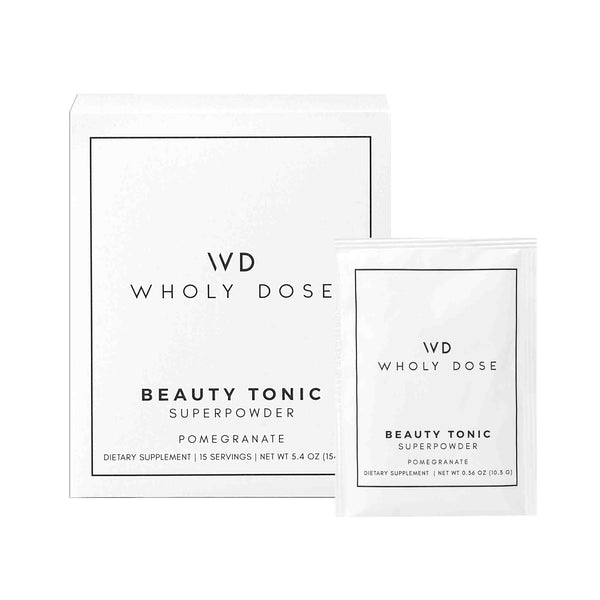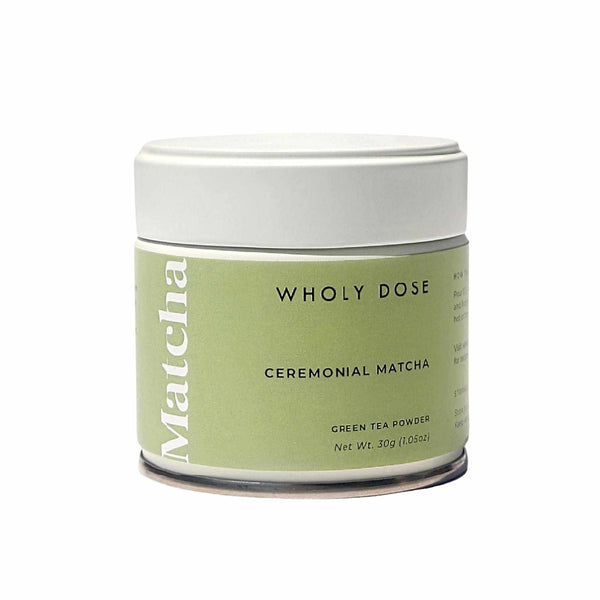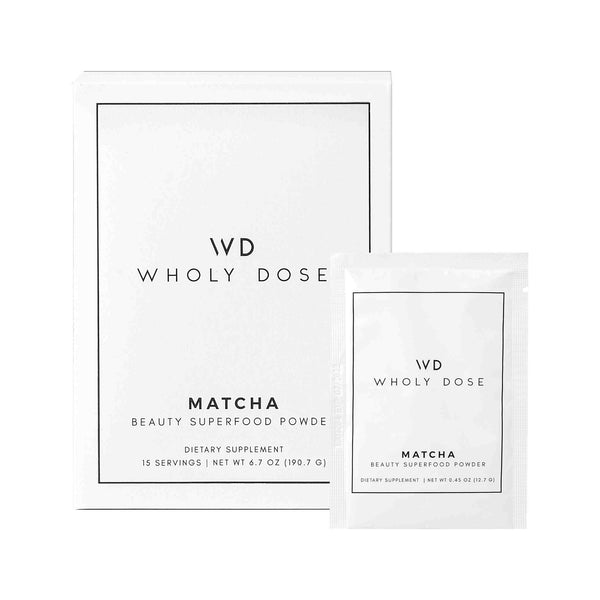
6 Doctor Tips for How To Boost Your Immune System
Taking care of our health has always been a priority, but it’s making headlines now more than ever due to COVID-19 (coronavirus). While there’s not much we can control about this pandemic, what we can control is how we take care of ourselves and our health.
Have you ever wondered how can you boost your immune system and support your immune health? What about, how doctors stay healthy and take care of their immune system?
Well, you’re in luck.
Dr. Ari Calhoun from San Diego, California joined us to share her expert tips and tricks on Lifestyle Measures Everyone Should Do to Boost Immune Function.
Dr. Ari Calhoun’s Background
Dr. Calhoun is a Naturopathic Doctor and Certified Functional Medicine Practitioner who’s passionate about helping clients achieve an optimal state of health. She specializes in environmental toxicity, hormone balancing and infertility, mental health disorders, gut function, and pediatric neurodevelopment and immune system disorders.
With a background in clinical research, she blends ancient medicine with the cutting-edge knowledge gained from modern science.
Her awareness in holistic health and curiosity about a better health-care system was further established when she developed her own autoimmune disorder. She immersed herself in her studies and latest research concerning chronic disease, all of which further supported the use of time-tested natural modalities of healing.
How to Boost Your Immune Health: Measures Everyone Should Be Taking During This Time
1. Get Enough Sleep, but the Duration Isn’t the Only Thing That’s Important
Sleep has been shown to be extremely helpful in our immune response.
We’re sure you’ve heard that sleep is vital to your well-being, especially getting 8-9 hours of sleep. While some of us can thrive on 5-7 hours of sleep and others need 8-9 hours, your body is the healthiest when you get a full 8-9 hours of sleep. But there’s a catch.
It’s not only the duration when you sleep, but the quality and time period of when you sleep. You want your sleep to line up with your natural circadian rhythm, which is the time you secrete the majority of melatonin – a great antioxidant that’s helpful to immune function. This happens between 9pm-6am, which will be the most beneficial on your immune system.
So, it’s important to go to bed during your normal sleep hours, even when it’s easy right now to sleep in or go to bed late.
2. Exercise Benefits Your Health, but Only When It’s Done Appropriately
Exercise is helpful for immune function, especially when it’s done appropriately.
Doing too many strenuous workouts such as intense long runs or HIIT workouts can actually deplete the body’s immune system. So, what’s right amount of exercise? Daily moderate exercise. You want something in between, a moderate workout that gets you sweaty and moving but doesn’t drain you at the end of the day.
3. What You Should and Shouldn't Be Eating
During this time, it’s easier than ever to get lost in indulgence as a coping mechanism, but you should avoid doing this for the sake of your health.
You should avoid foods like sugar and alcohol. Sugar is an extreme immunosuppressant and suppresses your immune system – one tablespoon of sugar suppresses the immune system for up to 5 hours.
Instead, eat foods that are nutrient dense and will support the immune response such as:
– Citrus fruits and red bell peppers are high in vitamin c
– Mushrooms are high in beta glucan
– Bone broth (collagen) is extremely healing to the gut
– Garlic and ginger have antiviral properties
– Herbs like oregano and rosemary support immune health
Remember to eat your immune boosting foods, especially during this time. 80% of your immune system surrounds the gut, so it’s also crucial take care of your gut to support your immunity.
4. Supplements You Should Take to Heal Your Gut and Boost Immune Health
Supplements are a great way to boost you health and immune system – collagen, probiotics, and colostrum all soothe the gut and support immune health. Be sure to look for these next time you shop for your supplements.
You know we’re fans of supplements! Try our health + beauty boosting collagen supplements to support your immune system.
5. Contrast Showers: What is It and How It Can Improve Your Health
Contrast showers are the use of hot and cold water to stimulate the immune system, increase circulation and increase lymphatic movement. This occurs in a 3:1 ratio of hot and cold water – 1.5 minutes of hot water and 30 seconds of cold water, alternating at least 3 times.
Contrast showers stimulate your immune system, so it’s ready to fight if an infection comes your way.
6. Why Ibuprofen Isn’t Recommended for Covid-19
While we’re familiar with taking ibuprofen for a number of reasons, it’s actually not recommended for treating COVID-19. It can potentially increase ACE-2 receptors, which COVID-19 binds to. We don’t want this because we don’t want anything that causes more receptors and entry points.
Ibuprofen can also decrease fevers and inflammation. This might sound like a good thing, but it’s not an appropriate immune response. Fevers are our natural immune response to kill pathogens and bacteria. Viruses don’t like heat and we want to utilize our fever responses.
But, what about Tylenol?
Tylenol creates a toxin in your body when it’s metabolized, which depletes the body of an antioxidant called glutathione. Glutathione is helpful in preventing oxidative damage, which helps ward off health issues.
––
A big thank you to Dr. Ari Calhoun for sharing those insightful tips with us, we’ll be sure to take those measures to boost our immune health. You can find Dr. Calhoun at @dr.aricalhoun and watch her speak about these tips and tricks on our IGTV.















